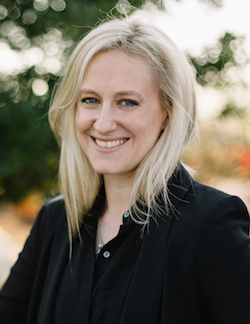The socialist economic philosophy is making a comeback, not only on college campuses and political talk shows but among sincere Catholics. Some think it could be the answer to greed and globalism. Some even argue that it is the best way to obey Christ's command to help the poor.
In Can a Catholic Be a Socialist?, Catherine R. Pakaluk and Trent Horn refute this tempting but false notion. Drawing on Scripture, history, Catholic social teaching, and basic economic reality, they show that Catholicism and socialism are incompatible.
They also debunk many of the common claims used to for a Christian-socialist hybrid, including:
- Since the early Christians kept their property in common, so should we.
- Jesus would be in favor an economic system that guarantees everyone food, health care, and education.
- The Church especially Pope Francis teaches that Catholics must find a third way between the extremes of Communism and capitalism.
- Socialism would work if it were just done right, like in Sweden.
Although there is no one Catholic economic system, Can a Catholic Be a Socialist? helps you understand common sense economic principles that are truly in line with the Faith.
Read the full book, Can a Catholic Be a Socialist?
 Dr. Catherine Ruth Pakaluk is Director of Social Research and Assistant Professor at the Busch school. Formerly, she was Assistant Professor and Chair of the Economics Department at Ave Maria University. Her primary areas of research include economics of education and religion, family studies and demography, Catholic social thought and political economy. Dr. Pakaluk is the 2015 recipient of the Acton Institute’s Novak Award, a prize given for “significant contributions to the study of the relationship between religion and economic liberty.”
Dr. Catherine Ruth Pakaluk is Director of Social Research and Assistant Professor at the Busch school. Formerly, she was Assistant Professor and Chair of the Economics Department at Ave Maria University. Her primary areas of research include economics of education and religion, family studies and demography, Catholic social thought and political economy. Dr. Pakaluk is the 2015 recipient of the Acton Institute’s Novak Award, a prize given for “significant contributions to the study of the relationship between religion and economic liberty.”Pakaluk did her doctoral work at Harvard University under Caroline Hoxby, David Cutler, and 2016 Nobel-laureate Oliver Hart. Her dissertation, “Essays in Applied Microeconomics”, examined the relationship between religious ‘fit' and educational outcomes, the role of parental effort in observed peer effects and school quality, and theoretical aspects of the contraceptive revolution as regards twentieth century demographic trends.
